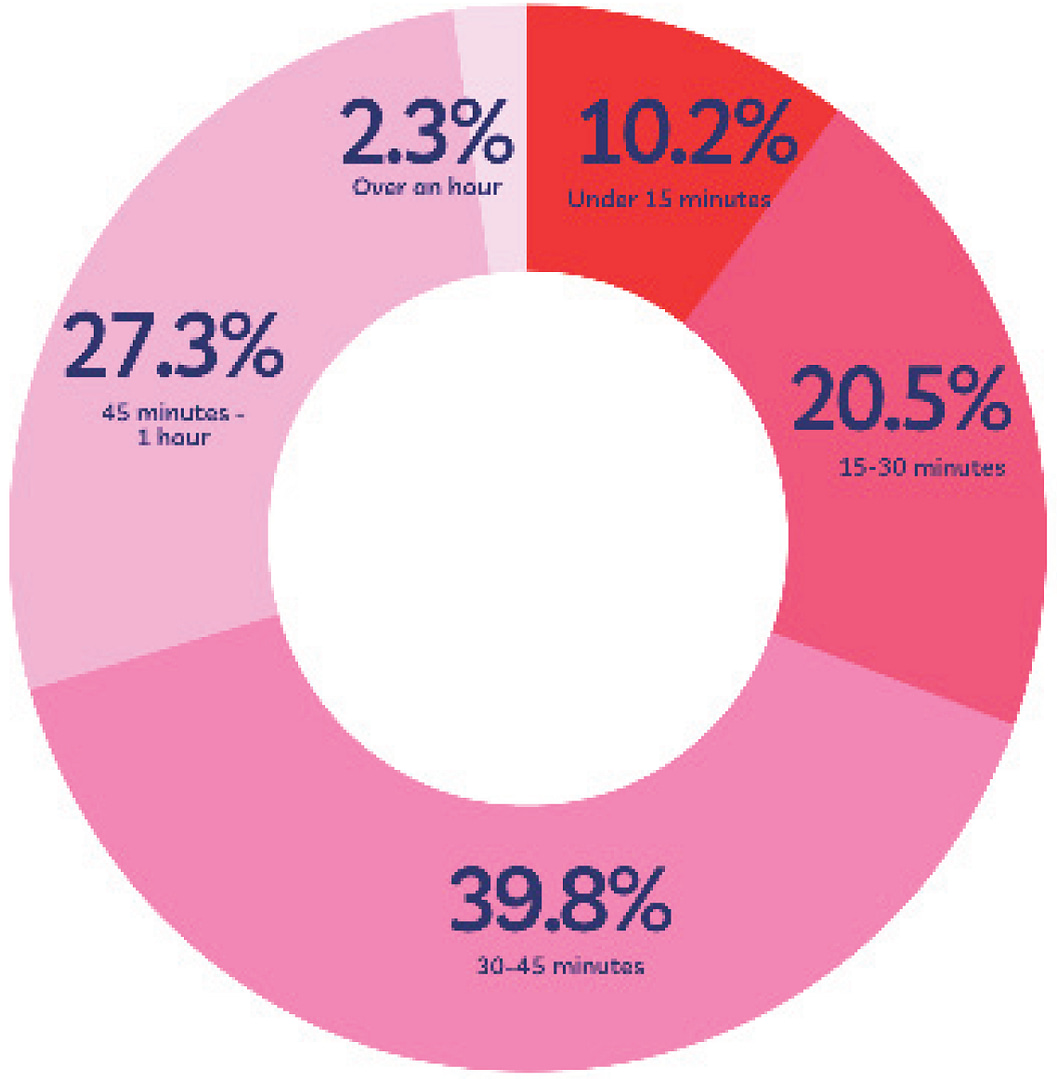New (School) Years Resolutions: A Call for Healthy Meals and Increased Gym Access
As stated in Loyola’s core values, students should develop their “whole person”—mind, body, and spirit—over their eight school semesters, yet a lack of healthy diet options creates a separation between the goals Loyola pronounces and the reality available to students.
The last couple decades has seen a steady increase in the United States’ obesity rate, according to 2015 Nielsen report.While the U.S. Department of Health & Human Services considers one sixth of American adolescents obese, Nielsen reported that the current generation of high school and college students ranks the most willing of any age group to spend more money to maintain a healthier diet.
For freshman, Zlicious appears to offer all imaginable food: customizable pizzas, strange milkshakes, fry-stuffed burritos, and unlimited personal requests. While the number of available options from Z’s may far outpace any other school food service, finding a healthy meal remains close to impossible. Limited fruit, vegetable, and chicken options, the healthiest foods offered, cost up to five times more than market value and together do not amount to a significant meal. Students that desire to truly eat nutritiously, including many athletes, have little choice other than to bring their own lunch.
To fulfill Loyola’s core vision of the “Formation of the Whole Person,” Z’s must offer simple, healthy meal options that are available upon request. Equipment to grill chicken breasts, steam vegetables, and cut fresh fruit exists in the main kitchen, and these orders require similar cook times to those of the specialized burritos that students routinely request. Senior Kai DeGuzman commented that he “personally stopped eating Z’s because of the lack of healthy options” and found that “Z’s unhealthy meals become an addicting, daily repetition that harms students’ overall health.” Such menu additions will draw in currently alienated students and increase overall profits for Zlicious Eatz.
Healthful pre-made options also exist, such as frozen vegetables, fruit, veggie burgers, and chicken. Trail mixes, dried nuts, and seed-based granola bars also offer nourishing additions that lack preparation efforts. Except for fresh chicken breast, all of these healthy meal choices cost less or similar to the current selections offered at Z’s.
Beyond diet, exercise remains crucial to developing proper health and gaining strength. Current sports programs provide ample strength training and cardio workouts, but as teams become more selective and fewer students participate in Loyola’s official athletic program, students often lose many of the Loyola facilities previously available in their sports regimens. Basic cardio remains an option for all students who can simply run around the city and Loyola track; however, most weighted workouts require a gym.
Technically, any Loyola student can use the gym year-round with supervision. Loyola’s current weight room schedule, though, only allocates an hour each on Tuesdays and Thursdays from 2:30 to 3:00 p.m., for students. Students hoping to use the gym for several days each week cannot know when to officially work out, even when avoiding team practices, which should have priority for gym use. Still, open times without scheduled sessions abound in the gym schedule, and, therefore, Loyola has the resources to allow all students to use at least three days each week, a minimum for many wanting to begin a regular gym routine.
Additional gym schedules already exists during the day—weight training classes—but this option squanders a class period that many scholarly students need for academic credit to apply for their most challenging colleges. Yet, Seniors’ open Magis periods, when Loyola has not planned presentations or activities, should also serve as optional weight room time.
Loyola’s core value of “Cura Personalis” teaches that students should work toward a healthy diet (click here for information) and increase their strength, but for students without nutritional meals at home and expensive gym memberships, Loyola must make available resources to care for the body, just as the school does for the mind and spirit.







Comments are closed.